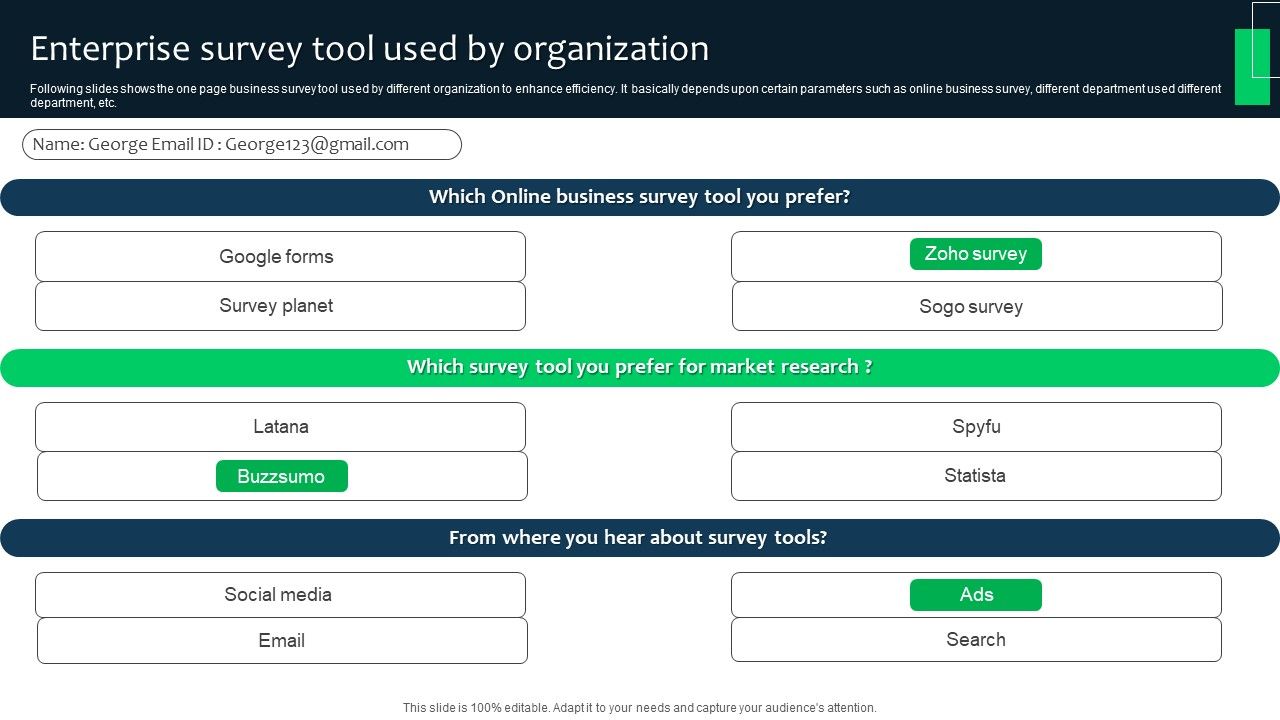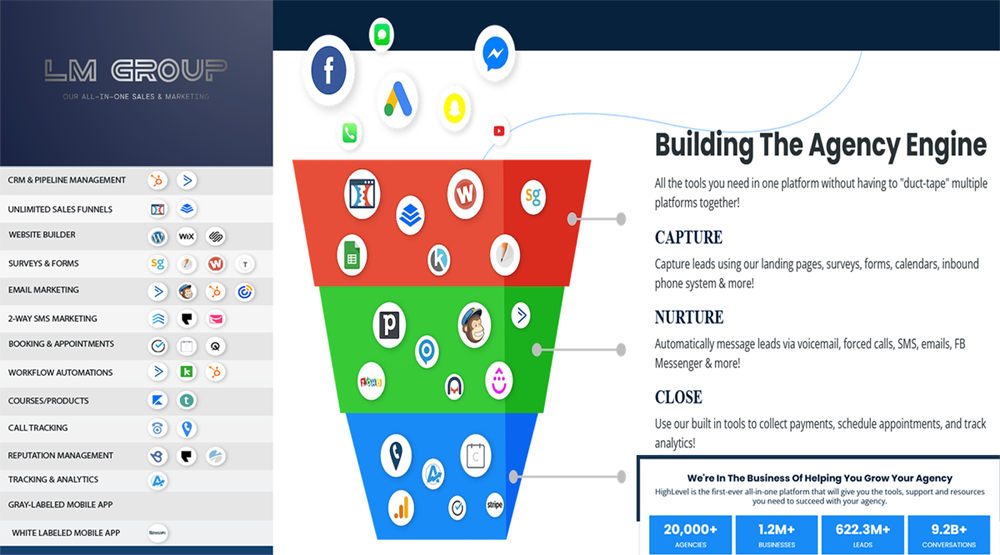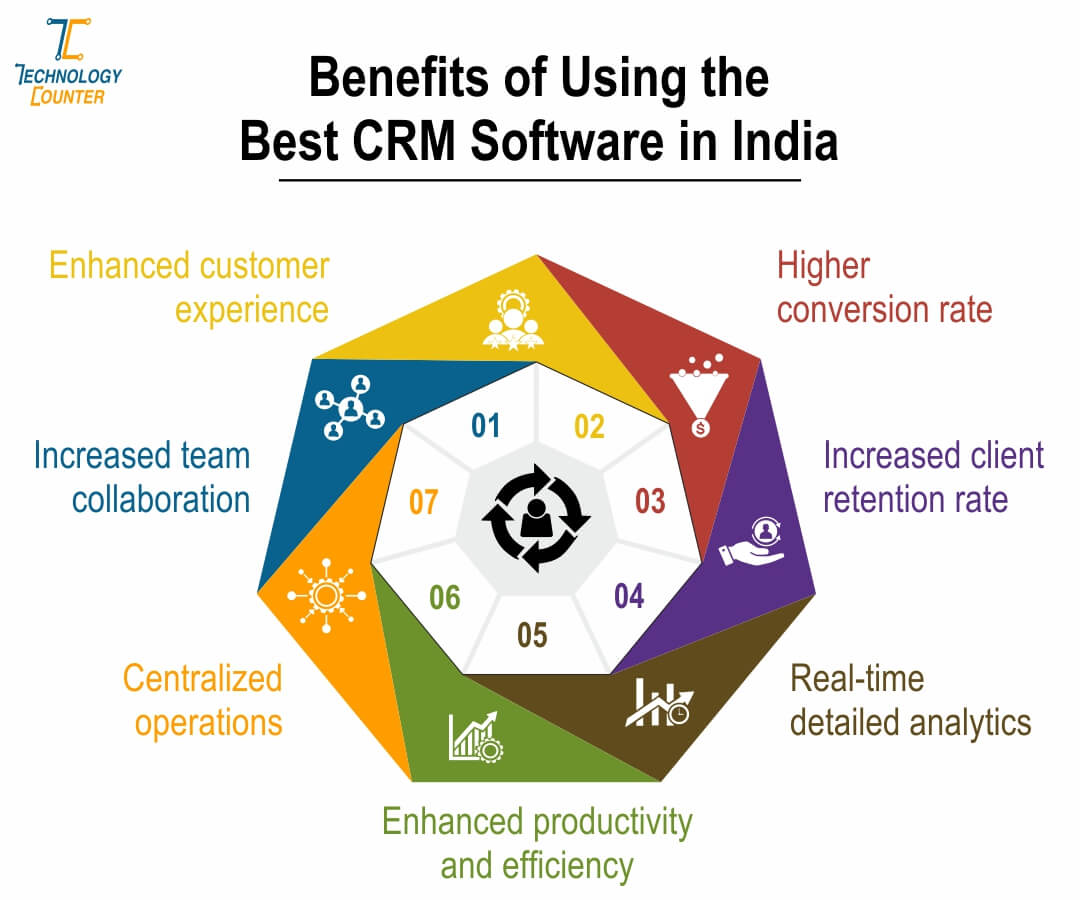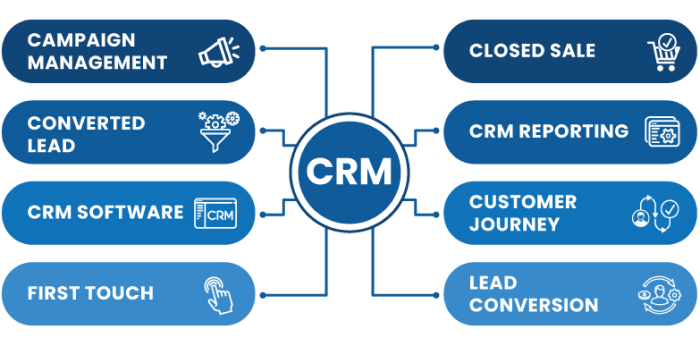Unlocking Growth: The Best CRM Systems for Small Marketing Teams
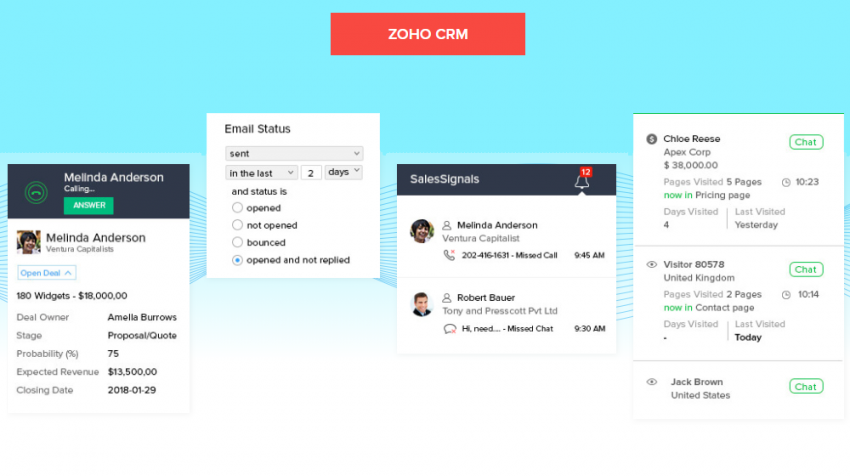
The Power of a CRM for Small Marketing Teams
In the dynamic world of marketing, staying organized and connected with your audience is crucial for success. For small marketing teams, this can be especially challenging. Juggling multiple campaigns, managing leads, and tracking customer interactions can quickly become overwhelming. This is where a Customer Relationship Management (CRM) system comes into play. A CRM isn’t just a fancy piece of software; it’s the backbone of your marketing efforts, helping you streamline processes, enhance customer relationships, and ultimately, drive growth. But with so many options available, choosing the best CRM for your small marketing team can feel daunting. This article will delve into the world of CRM systems, focusing on the top choices for small marketing teams, and provide insights to help you make an informed decision.
What is a CRM and Why Do You Need One?
Before we dive into specific CRM options, let’s clarify what a CRM is and why it’s essential for your marketing team. CRM stands for Customer Relationship Management. At its core, a CRM is a system that helps you manage your interactions with current and potential customers. It’s a centralized hub where you store all customer-related information, track communications, and manage sales and marketing activities. Think of it as a digital rolodex on steroids.
Here’s why a CRM is indispensable for small marketing teams:
- Centralized Customer Data: A CRM consolidates all customer information in one place, eliminating the need to search through spreadsheets, emails, and sticky notes.
- Improved Customer Relationships: By understanding your customers better, you can personalize your interactions and build stronger relationships.
- Enhanced Lead Management: CRM systems help you track leads, nurture them through the sales funnel, and convert them into customers.
- Increased Sales Efficiency: Automate tasks, track sales progress, and gain valuable insights to optimize your sales process.
- Data-Driven Decision Making: CRM systems provide valuable data and analytics, allowing you to make informed decisions about your marketing and sales strategies.
- Better Collaboration: Teams can share customer information and collaborate more effectively, ensuring everyone is on the same page.
For small marketing teams, the benefits are amplified. CRMs enable you to do more with less, empowering you to compete with larger organizations by leveraging technology to your advantage. It is a tool that will make your life easier.
Key Features to Look for in a CRM for Small Marketing Teams
When choosing a CRM for your small marketing team, consider the features that are most important for your specific needs. Here are some key features to look for:
- Contact Management: This is the core function of any CRM. It allows you to store and manage customer contact information, including names, email addresses, phone numbers, and other relevant details.
- Lead Management: Track leads, qualify them, and nurture them through the sales funnel. Look for features like lead scoring, lead assignment, and automated follow-up.
- Sales Automation: Automate repetitive sales tasks, such as sending emails, scheduling appointments, and updating contact information.
- Marketing Automation: Integrate with marketing automation tools to create and manage email campaigns, social media posts, and other marketing activities.
- Reporting and Analytics: Gain insights into your sales and marketing performance with customizable reports and dashboards.
- Integration with Other Tools: Ensure the CRM integrates seamlessly with other tools you use, such as email marketing platforms, social media management tools, and accounting software.
- Mobile Accessibility: Access your CRM data on the go with a mobile app or mobile-friendly interface.
- Ease of Use: Choose a CRM that is easy to learn and use, with a user-friendly interface and intuitive navigation.
- Scalability: Select a CRM that can grow with your business, accommodating your future needs as your team expands.
- Affordability: Consider the pricing plans and choose a CRM that fits your budget. Many CRMs offer different pricing tiers based on the number of users and features.
By prioritizing these features, you can find a CRM that empowers your small marketing team to work more efficiently and effectively.
Top CRM Systems for Small Marketing Teams
Now, let’s explore some of the best CRM systems for small marketing teams. We’ll consider their features, pricing, and overall suitability for your needs.
1. HubSpot CRM
Overview: HubSpot CRM is a popular choice, particularly for small businesses and marketers, due to its free, feature-rich version. It’s known for its user-friendly interface, comprehensive features, and seamless integration with HubSpot’s marketing, sales, and customer service hubs.
Key Features:
- Free CRM: HubSpot offers a robust free version with unlimited users and a wealth of features.
- Contact Management: Store and manage contact information, track interactions, and segment contacts.
- Deal Tracking: Manage your sales pipeline and track deals through various stages.
- Email Marketing: Create and send email campaigns (available in paid plans).
- Marketing Automation: Automate marketing tasks, such as lead nurturing and follow-up (available in paid plans).
- Reporting and Analytics: Track your sales and marketing performance with detailed reports.
- Integrations: Integrates with a wide range of third-party apps and tools.
Pricing: HubSpot offers a free CRM with basic features. Paid plans start at a reasonable price, making it accessible for small teams. The pricing scales based on the number of features and users.
Pros:
- Free, robust CRM with many features.
- User-friendly interface.
- Excellent integration with HubSpot’s marketing, sales, and customer service hubs.
- Comprehensive reporting and analytics.
- Scalable to accommodate growth.
Cons:
- Some advanced features are only available in paid plans.
- Can become expensive as you scale and require more features.
Suitable for: Small marketing teams looking for a free, user-friendly CRM with strong marketing capabilities.
2. Zoho CRM
Overview: Zoho CRM is another popular option, known for its affordability, versatility, and extensive feature set. It offers a range of plans to suit businesses of all sizes, making it a great choice for small marketing teams on a budget.
Key Features:
- Contact Management: Manage contacts, track interactions, and segment leads.
- Lead Management: Qualify leads, track their progress, and automate follow-up.
- Sales Automation: Automate sales tasks, such as email follow-up and appointment scheduling.
- Marketing Automation: Create and manage email campaigns, social media posts, and other marketing activities.
- Workflow Automation: Automate repetitive tasks and streamline your sales and marketing processes.
- Reporting and Analytics: Track your sales and marketing performance with customizable reports and dashboards.
- Integrations: Integrates with a wide range of third-party apps and tools.
Pricing: Zoho CRM offers a free plan for up to 3 users. Paid plans are competitively priced, making it a cost-effective option for small marketing teams. The pricing scales based on the number of users and features.
Pros:
- Affordable pricing.
- Versatile feature set.
- Strong marketing automation capabilities.
- Customizable and scalable.
- Excellent integrations.
Cons:
- The user interface can be slightly overwhelming for beginners.
- Some advanced features are only available in higher-tier plans.
Suitable for: Small marketing teams looking for an affordable, feature-rich CRM with strong marketing capabilities.
3. Pipedrive
Overview: Pipedrive is a sales-focused CRM designed to help sales teams manage their pipelines and close deals. It’s known for its intuitive interface, visual pipeline management, and ease of use.
Key Features:
- Visual Pipeline Management: Visualize your sales pipeline and track deals through various stages.
- Contact Management: Manage contact information and track interactions.
- Deal Tracking: Track deals, set reminders, and manage follow-up activities.
- Sales Automation: Automate sales tasks, such as email follow-up and appointment scheduling.
- Reporting and Analytics: Track your sales performance with customizable reports and dashboards.
- Integrations: Integrates with a variety of third-party apps and tools.
Pricing: Pipedrive offers straightforward pricing plans based on the number of users. It’s a relatively affordable option for small marketing teams focused on sales.
Pros:
- Intuitive and user-friendly interface.
- Visual pipeline management.
- Strong sales automation capabilities.
- Easy to use and set up.
Cons:
- May not be as feature-rich as other CRMs for marketing automation.
- Less focused on marketing features compared to other options.
Suitable for: Small marketing teams that are sales-focused and looking for an easy-to-use CRM with strong pipeline management capabilities.
4. Freshsales (by Freshworks)
Overview: Freshsales is a CRM built for sales teams, offering a range of features to manage leads, track deals, and automate sales processes. It’s known for its user-friendly interface, affordable pricing, and strong sales automation capabilities.
Key Features:
- Contact Management: Manage contacts, track interactions, and segment leads.
- Lead Management: Qualify leads, track their progress, and automate follow-up.
- Sales Automation: Automate sales tasks, such as email follow-up, appointment scheduling, and task management.
- Built-in Phone and Email: Make calls and send emails directly from the CRM.
- Reporting and Analytics: Track your sales performance with customizable reports and dashboards.
- Integrations: Integrates with a variety of third-party apps and tools.
Pricing: Freshsales offers a free plan with basic features. Paid plans are competitively priced, making it a cost-effective option for small marketing teams. The pricing scales based on the number of users and features.
Pros:
- User-friendly interface.
- Strong sales automation capabilities.
- Built-in phone and email features.
- Affordable pricing.
- Good customer support.
Cons:
- Marketing automation features are limited compared to other CRMs.
- May not be as feature-rich as other options for advanced marketing needs.
Suitable for: Small marketing teams that are sales-focused and looking for an easy-to-use CRM with strong sales automation capabilities and built-in communication tools.
5. Agile CRM
Overview: Agile CRM is a versatile CRM platform that offers a range of features for sales, marketing, and customer service. It’s known for its affordability, ease of use, and strong marketing automation capabilities.
Key Features:
- Contact Management: Manage contacts, track interactions, and segment leads.
- Lead Management: Qualify leads, track their progress, and automate follow-up.
- Sales Automation: Automate sales tasks, such as email follow-up and appointment scheduling.
- Marketing Automation: Create and manage email campaigns, social media posts, and other marketing activities.
- Helpdesk: Manage customer support tickets and provide excellent customer service.
- Reporting and Analytics: Track your sales, marketing, and customer service performance with customizable reports and dashboards.
- Integrations: Integrates with a wide range of third-party apps and tools.
Pricing: Agile CRM offers a free plan for up to 10 users. Paid plans are competitively priced, making it a cost-effective option for small marketing teams. The pricing scales based on the number of users and features.
Pros:
- Affordable pricing.
- Versatile feature set.
- Strong marketing automation capabilities.
- Easy to use and set up.
- Good customer support.
Cons:
- The user interface can feel slightly dated.
- Some advanced features are only available in higher-tier plans.
Suitable for: Small marketing teams looking for an affordable, feature-rich CRM with strong marketing automation and customer service capabilities.
Choosing the Right CRM: A Step-by-Step Guide
Choosing the right CRM can seem daunting, but by following these steps, you can find the perfect fit for your small marketing team:
- Assess Your Needs: Before you start evaluating CRM systems, take the time to assess your team’s specific needs and goals. What are your biggest pain points? What features are most important to you? What are your sales and marketing objectives?
- Define Your Budget: Determine how much you’re willing to spend on a CRM system. Consider both the initial cost and the ongoing subscription fees.
- Research CRM Options: Explore the CRM systems mentioned above and other options that might be a good fit for your team. Read reviews, compare features, and consider your budget.
- Create a Shortlist: Narrow down your options to a shortlist of 2-3 CRM systems that seem like the best fit for your needs.
- Request Demos and Free Trials: Request demos or sign up for free trials to test out the shortlisted CRM systems. This will give you a hands-on experience and help you determine which one is the best fit.
- Consider Integration: Consider how the CRM integrates with your existing tools and processes. Does it integrate with your email marketing platform, social media management tools, and other essential applications?
- Evaluate User Experience: Assess the ease of use and user-friendliness of the CRM system. Is the interface intuitive and easy to navigate? Will your team be able to learn and use it effectively?
- Consider Scalability: Choose a CRM that can grow with your business. As your team and needs evolve, your CRM should be able to accommodate those changes.
- Get Feedback from Your Team: Involve your team in the decision-making process. Get their feedback on the shortlisted CRM systems and consider their input.
- Make Your Decision: Based on your assessment, research, demos, and feedback, make your final decision and choose the CRM that best fits your needs and budget.
Tips for Successful CRM Implementation
Once you’ve chosen a CRM, successful implementation is key to realizing its full potential. Here are some tips to ensure a smooth transition:
- Plan Ahead: Develop a detailed implementation plan, outlining the steps you need to take to set up and integrate the CRM.
- Data Migration: Migrate your existing customer data from spreadsheets and other sources to the CRM.
- Train Your Team: Provide adequate training to your team on how to use the CRM effectively.
- Customize the CRM: Customize the CRM to fit your specific needs and processes.
- Integrate with Other Tools: Integrate the CRM with your other tools and applications to streamline your workflow.
- Monitor and Optimize: Regularly monitor your CRM usage and performance. Make adjustments and optimizations as needed to improve its effectiveness.
- Get Buy-in from Your Team: Ensure your team understands the benefits of the CRM and is committed to using it.
- Start Small: Don’t try to implement everything at once. Start with the core features and gradually add more functionality.
- Seek Support: Don’t hesitate to seek support from the CRM vendor or a consultant if you need assistance.
By following these tips, you can ensure a successful CRM implementation and maximize the value of your investment.
The Future of CRM in Small Marketing Teams
The world of CRM is constantly evolving, with new features and capabilities emerging regularly. Here are some trends to watch for:
- Artificial Intelligence (AI): AI is playing an increasingly important role in CRM, with features like predictive analytics, automated chatbots, and personalized recommendations.
- Mobile CRM: Mobile CRM solutions are becoming more sophisticated, allowing you to access your CRM data and manage your activities on the go.
- Integration with Social Media: CRMs are increasingly integrating with social media platforms, allowing you to track social media interactions and engage with customers more effectively.
- Focus on Customer Experience: CRM systems are becoming more focused on customer experience, with features designed to personalize interactions and build stronger customer relationships.
- Increased Automation: Automation is becoming more prevalent, with features that automate repetitive tasks and streamline workflows.
By staying informed about these trends, you can ensure that your CRM system remains up-to-date and effective.
Conclusion
Choosing the best CRM for your small marketing team is an important decision that can have a significant impact on your marketing efforts and overall business success. By carefully considering your needs, researching your options, and following the tips outlined in this article, you can find a CRM that empowers your team to work more efficiently, build stronger customer relationships, and drive growth. Remember to assess your needs, consider the key features, and choose a CRM that fits your budget and integrates with your existing tools. With the right CRM in place, your small marketing team can achieve great things.
Embrace the opportunity to streamline your operations, enhance customer engagement, and ultimately, propel your business toward its goals. The right CRM is more than just software; it’s a strategic partner in your journey to success.

